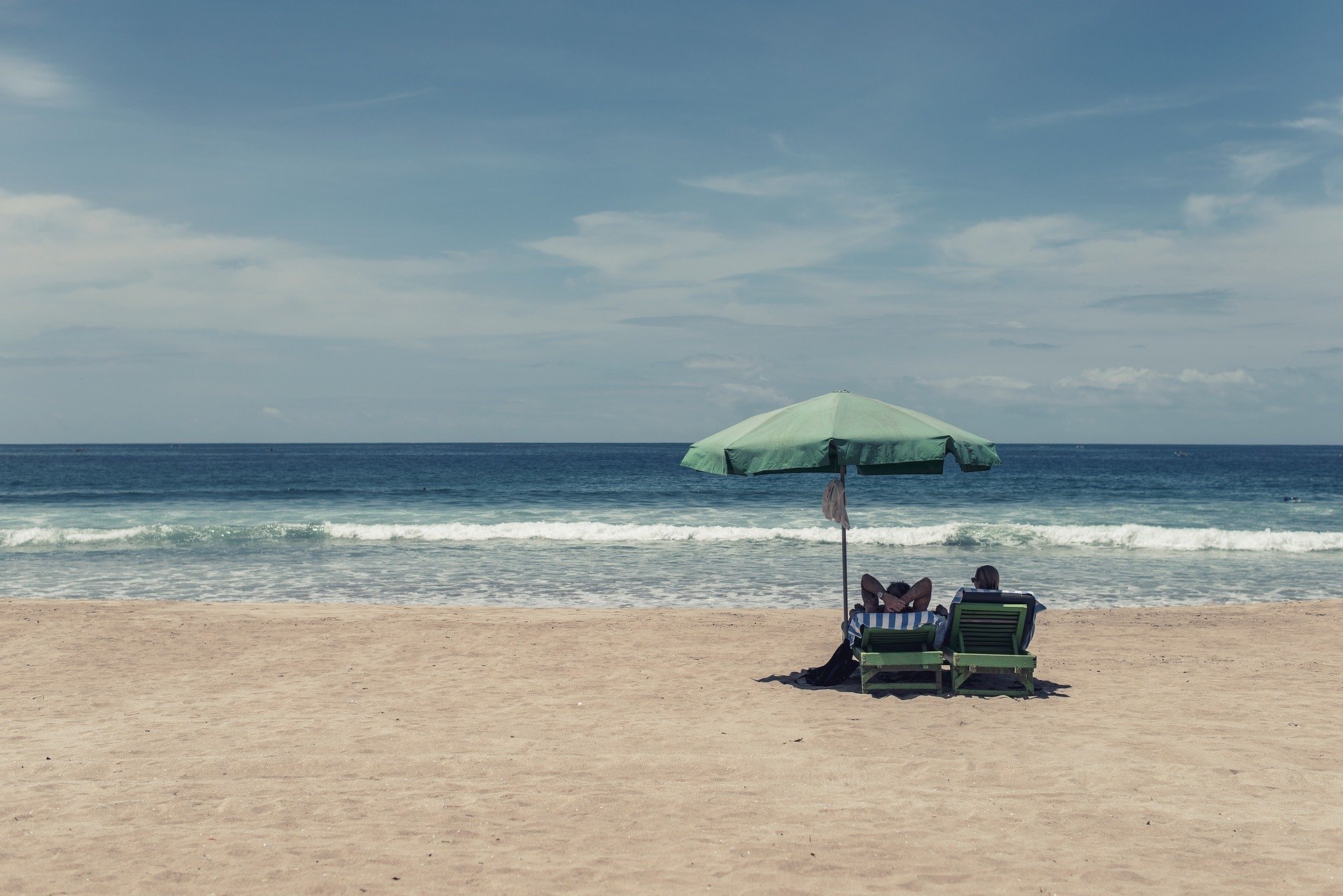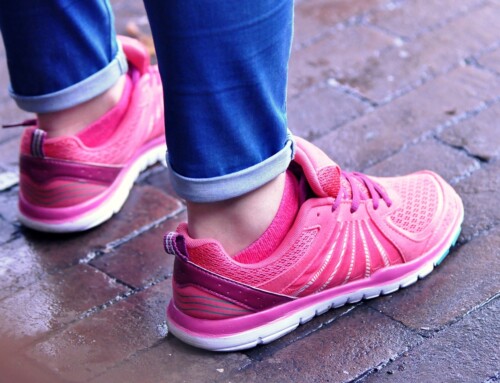Although the record cold temperatures are all over the news right now, here in Florida we know it won’t be long before hot weather returns. As we gradually move towards some normalcy, Floridians are excited to spend more time outside and enjoy the outdoors as only we do. However, as temperatures rise, it is important to consider how the warmer weather will affect senior citizens. With hot weather just around the corner, now is a good time to look at the prevention of heat stroke.
Even in the spring, central Florida temperatures may result in extreme reactions, especially in a elderly population who has not been outside in many months.
What Exactly Is Heat Stroke?
Heat stroke, also known as heat exhaustion, is caused by overexposure to high temperatures. The body overheats, causing all types of reactions and health issues. Individuals who are already living with underlying health conditions and on specific medications are especially vulnerable to heat stroke – therefore seniors are definitely at risk.
An individual who is experiencing stroke may sweat profusely or exhibit clammy skin. “Goosebumps” and chills are also indicative heat stroke, especially if the air is still warm. Other symptoms may include headaches; rapid heartbeat; dizziness or fainting spells; stomach or muscle cramps; nausea, vomiting, or diarrhea and dark colored urine. A person who is afflicted with heat exhaustion will likely be acting disoriented and may seem confused.
If you believe that you or someone close to you is experiencing heat exhaustion, it is essential to react rapidly to prevent additional serious heat-related health issues. Move the patient indoors and under air conditioning as soon as possible, or locate a shady spot if there is no immediate indoor option. Loosen or remove tight-fitting or unnecessary clothing and cool down the body with an ice pack or cool compress. With seniors, it is recommended that you seek the advice of a physician, even if things seem under control.
Medications Have an Effect Many common medications can greatly impact the likelihood of heat stroke, such as certain heart and blood pressure drugs; diuretics, beta blockers, and antihistamines. Those who have experienced any type of heat exhaustion prior are also more likely to have another episode.
Keep Heat Exhaustion at Bay
If you are a senior, or are the primary caregiver for a senior loved one, there are a few important tips to remember as we move into hotter days.
Dress appropriately: Lightweight, loose-fitting clothing will allow the body to cool sufficiently and help prevent overheating.
Stay hydrated: Be sure to maintain an adequate fluid intake throughout the day, drinking water or sports drinks which contain electrolytes. Avoid alcohol and caffeine when out in the sun, as both can cause dehydration.
Protect the Skin: Sunscreen with an SPF of at least 15 is recommended, and should be reapplied regularly throughout the day. Vulnerable individuals should wear a broad-brimmed hats and sunglasses, and have an umbrella handy for shade if necessary.
Plan Accordingly: The sun’s rays are at peak strength between the hours of noon and 4 p.m. Therefore, venturing outdoors before and after that time frame can help to protect individuals from experiencing heat stroke. If the day’s plans require you to be outside during that window, drink sufficient fluids and look for shade.
At A Banyan Residence we encourage our assisted living and memory care residents to enjoy all aspects of their life – but also to have certain safeguards in place. Our caring and professional staff is here to ensure the health and safety of all our guests. If you are looking for quality assisted living options in the Villages, we invite you to visit our location for an informational tour.







